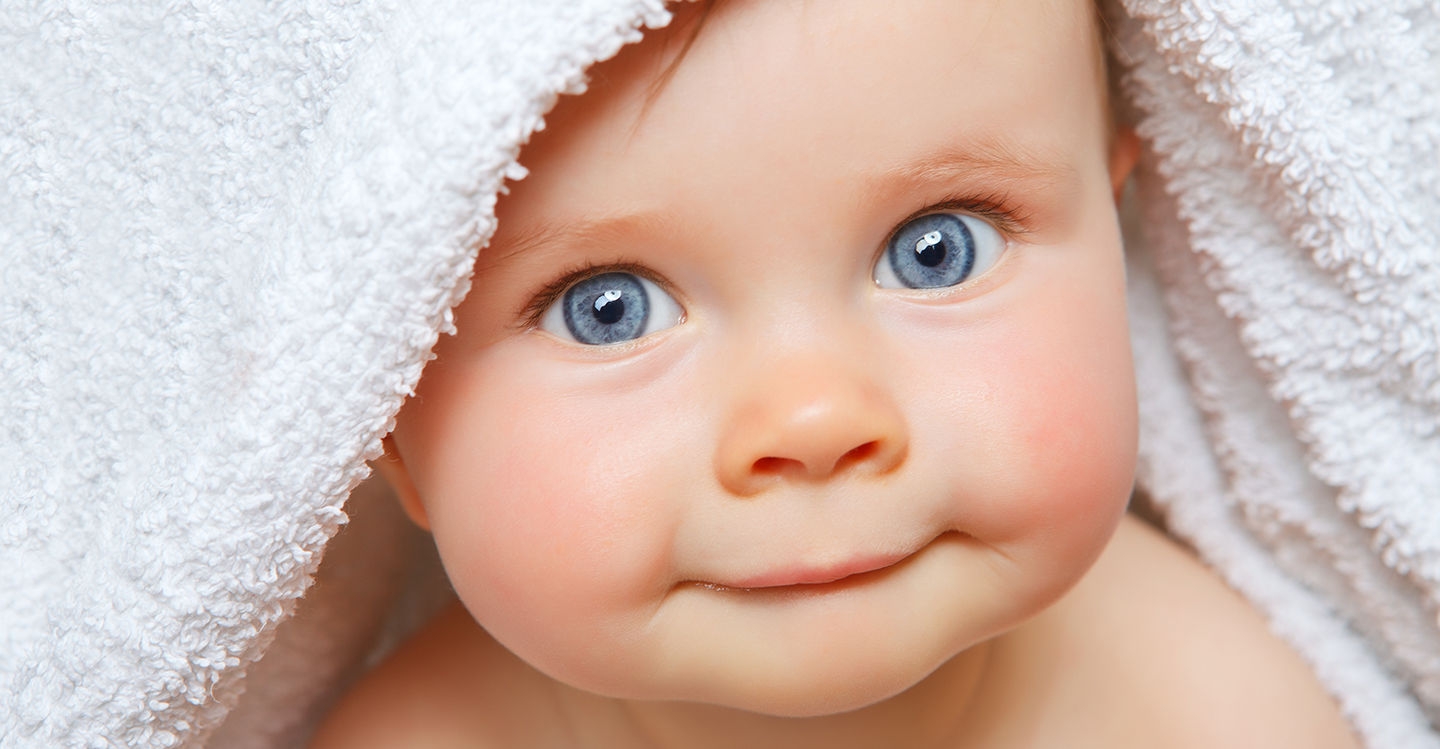What determines hair and eye colour?
Hair colour is determined by a mixing of genes from both parents. Darker hair is more common than lighter hair, just as brown eyes are more common than blue eyes. This is due to the dominance of the genes that express these colours.
That doesn’t mean that if you have brown eyes and your partner has brown eyes that you will necessarily have brown-eyed children. You can still carry the genes for blue eyes, or green, and pass these on to your baby (this might be the case if one of either of your parents has a different eye colour to you).
If your partner also carries these genes, you might find that your baby has a different eye colour to both of you. So once you have selected a partner, the rest is a roll of the dice!
What is the difference between dominant and recessive genes?
When coupled with recessive genes, dominant genes win out. So the dominant brown-eyed gene, when coupled with a recessive blue-eyed gene, usually leads to brown eyes. Conversely, if two blue-eyed genes get together, the result is usually a baby with blue eyes.
Remember, though, that eye colour, like hair colour, is ‘polygenic.’ This means that a variety of genes and factors can influence the outcome, leading to the variety of hair and eye colours that we see every day.
Why are babies born with blue eyes?
Most babies are born with blue eyes because the pigment that darkens them hasn’t yet been deposited in their eyes. The production of this pigment, called melanin, is stimulated through exposure to light – much like your skin tans (or doesn’t!) in the sun. Without any light in the womb, your baby’s eyes haven’t yet had a chance to react.
When will my baby’s eyes settle into their lifetime colour?
Your baby’s eye colour will do most of its changing in the first 6 to 9 months. You may notice darkening even earlier, and some babies reach their colour permanence by 6 months. Most babies, however, have their eye colour established by 12 months.
Does hair colour change?
Hair colour at birth is a poor predictor of lifetime colour. It isn’t uncommon for babies born with black hair to become blondes, or blonde babies’ hair darkening in their early childhood years. Couple this with the fact that many babies are born bald, it becomes a simple matter of playing the waiting game.
The variety of hair and eye colours that we see around us are testament to the large role chance plays when having a baby. The best thing you can do is go with the flow and look forward to seeing exactly which of you and your partner’s traits combines to make your baby wonderfully and beautifully unique.



